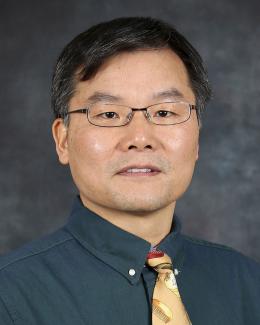Abstract
A pseudo-multi-zone phenomenological model has been created with the ultimate goal of supporting efforts to enable broader commercialization of low temperature combustion modes in diesel engines. The benefits of low temperature combustion are the simultaneous reduction in soot and nitric oxide emissions and increased engine efficiency if combustion is properly controlled. Determining what qualifies as low temperature combustion for any given engine can be difficult without expensive emissions analysis equipment. This determination can be made off-line using computer models or through factory calibration procedures. This process could potentially be simplified if a real-time prediction model could be implemented to run for any engine platform – this is the motivation for this study.
The major benefit of this model is the ability for it to predict the combustion trajectory, i.e. local temperature and equivalence ratio in the burning zones. The model successfully captures all the expected trends based on the experimental data and even highlights an opportunity for simply using the average reaction temperature and equivalence ratio as an indicator of emissions levels alone - without solving formation sub-models.
This general type of modeling effort is not new, but a major effort was made to minimize the calculation duration to enable implementation as an input to real-time next-cycle engine controller Instead of simply using the predicted engine out soot and NOx levels, control decisions could be made based on the trajectory. This has the potential to save large amounts of calibration time because with minor tuning (the model has only one automatically determined constant) it is hoped that the control algorithm would be generally applicable.


